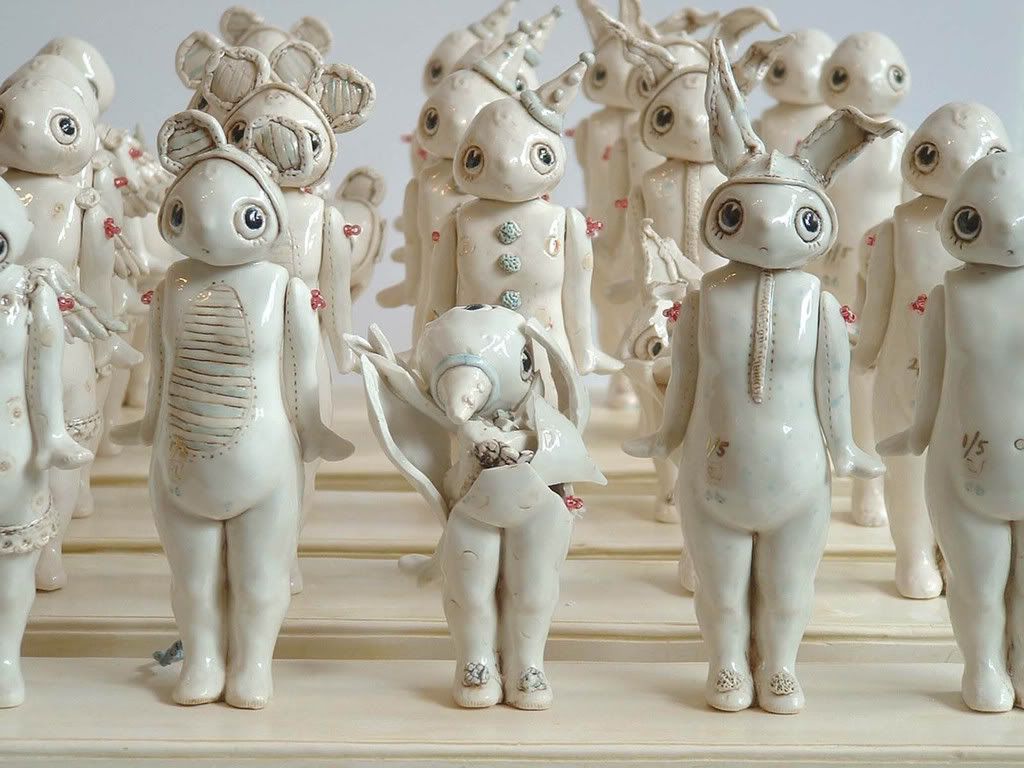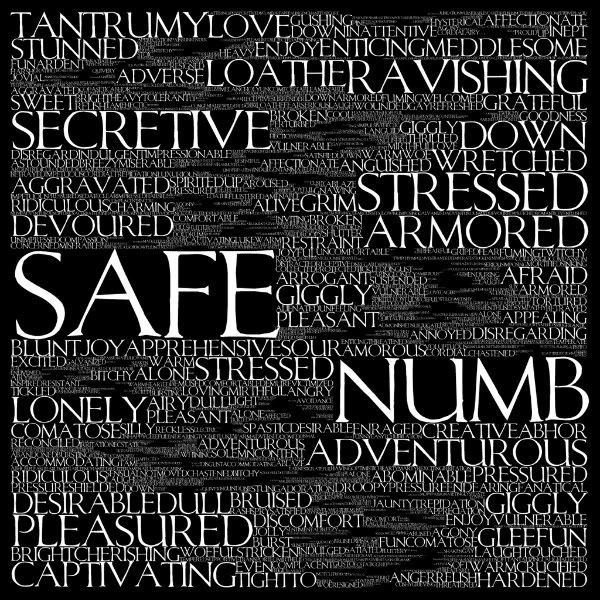
Authenticity is a technical term in existentialist philosophy. In this philosophy, the conscious self is seen as coming to terms with being in a material world and with encountering external forces, pressures and influences which are very different from, and other than, itself. Authenticity is the degree to which one is true to one's own personality, spirit, or character, despite these pressures. Existentialists see this process in different ways.
It is difficult to determine the origin of the contemporary notion of authenticity. Writers on the subject of authenticity have often attempted to ground their views in work from a wide variety of historical periods. Secular and religious notions of authenticity have coexisted for centuries under different guises; perhaps the earliest account of authenticity that remains popular is Socrates' admonition that the "unexamined" life is not worth living.
Authenticity is often "at the limits" of language; it is described as the negative space around inauthenticity, with reference to examples of inauthentic living. Sartre's novels are perhaps the easiest access to this mode of describing authenticity: they often contain characters and anti-heroes who base their actions on external pressures -- the pressure to appear to be a certain kind of person, the pressure to adopt a particular mode of living, the pressure to ignore one's own moral and aesthetic objections in order to have a more comfortable existence. His work also includes characters who do not understand their own reasons for acting, or who ignore crucial facts about their own lives in order to avoid uncomfortable truths; this connects his work with the philosophical tradition.

All writers agree that authenticity is:
Something to be pursued as a goal intrinsic to "the good life."
Intrinsically difficult, due in part to social pressures to live inauthentically, and in part due to a person's own character.
A revelatory state, where one perceives oneself, other people, and sometimes even things, in a radically new way.
One might add that many, though not all, writers have agreed that authenticity also:
Requires self-knowledge.
Alters radically one's relationships with other people.
Carries with it its own set of moral obligations.
Can be obtained regardless of race, gender and class.
The notion of authenticity also fits in to utopian ideology, in as much as many believe that a utopia:
Requires authenticity among its citizens to exist, or
Would remove physical and economic barriers to pursuing authenticity.
{Assorted Info. From Wikipedia}


